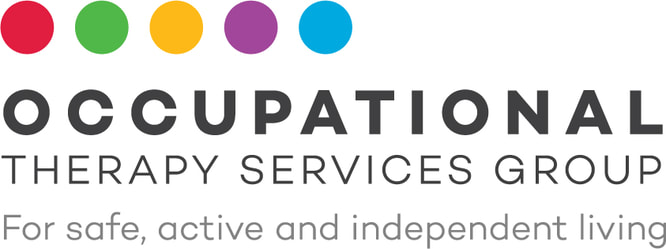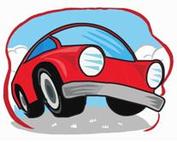SOME epileptics should have their fitness to drive decided by an expert panel rather than their doctor, neurologists say.
Conflicts of interest arise as some doctors are pressured by patients to allow them to drive, particularly if a licence is needed for work, an article published today in the Medical Journal of Australia said.
Associate Professor Ernest Somerville and two other neurologists said the system was ''unsafe'' and open to abuse because patients are able to shop around in an attempt to regain their licence.
Advertisement: Story continues below
''A review mechanism to deal with uncertain or exceptional cases is important in any certification system. Ideally, this should be an expert panel of neurologists, indemnified by [driver licensing authorities],'' they write.
Other relevant conditions are heart problems, brain tumours and insulin-dependent diabetes.
Professor Somerville, a neurologist at Prince of Wales Hospital and chair of the driving committees of the Epilepsy Society of Australia and the Australian and New Zealand Association of Neurologists, said determining fitness was sometimes ''guesswork''.
''It can lead to unsafe decisions because doctors can feel pressured by the patients. You've got a patient sitting opposite you saying, 'You can't do this to me','' he said.
''It damages the doctor-patient relationship in a big way.''
The article said doctors were at risk of being sued or charged with criminal offences if a person they certified fit to drive had a seizure at the wheel resulting in an accident.
In 2007, a coroner terminated an inquest and recommended criminal charges against Ronald Brooder, a neurologist whose patient Greg Petrie had a seizure and crashed a minibus near Albury in 2002. He and three others died.
Dr Brooder was not charged.
Conflicts of interest arise as some doctors are pressured by patients to allow them to drive, particularly if a licence is needed for work, an article published today in the Medical Journal of Australia said.
Associate Professor Ernest Somerville and two other neurologists said the system was ''unsafe'' and open to abuse because patients are able to shop around in an attempt to regain their licence.
Advertisement: Story continues below
''A review mechanism to deal with uncertain or exceptional cases is important in any certification system. Ideally, this should be an expert panel of neurologists, indemnified by [driver licensing authorities],'' they write.
Other relevant conditions are heart problems, brain tumours and insulin-dependent diabetes.
Professor Somerville, a neurologist at Prince of Wales Hospital and chair of the driving committees of the Epilepsy Society of Australia and the Australian and New Zealand Association of Neurologists, said determining fitness was sometimes ''guesswork''.
''It can lead to unsafe decisions because doctors can feel pressured by the patients. You've got a patient sitting opposite you saying, 'You can't do this to me','' he said.
''It damages the doctor-patient relationship in a big way.''
The article said doctors were at risk of being sued or charged with criminal offences if a person they certified fit to drive had a seizure at the wheel resulting in an accident.
In 2007, a coroner terminated an inquest and recommended criminal charges against Ronald Brooder, a neurologist whose patient Greg Petrie had a seizure and crashed a minibus near Albury in 2002. He and three others died.
Dr Brooder was not charged.


